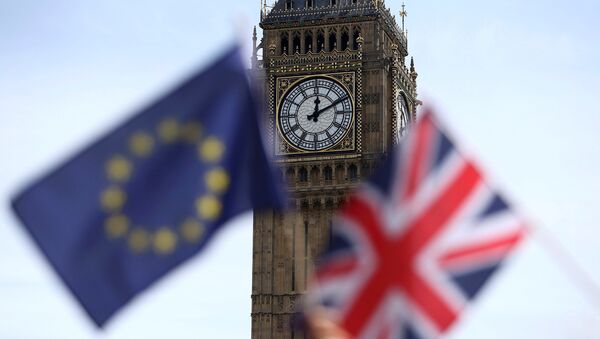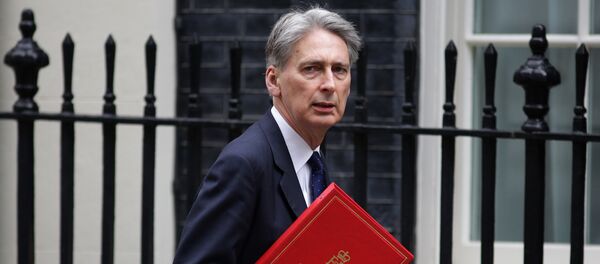The GDP data exceeded previous expectations, resulting in lower anticipations of the Bank of England (BOE) cutting the rates further. Her Majesty’s Treasury fiscal stimulus expectations are also now lower, resulting in the governmental debt note (gilt) yields advancing to their post-Brexit highest.
A full quarter into the post-Brexit reality, the economy seems to be back on track again after a short period of tumult. According to data from the Office for National Statistics (ONS), the UK’s economy advanced 0.5pc in the July to September quarter compared to 0.7pc growth in the previous three-month period. Year-on-year growth accelerated to 2.3pc. The ONS report features preliminary assessments of the GDP, with further revisions and corrections ahead.
However, despite an optimistic picture in the UK’s manufacturing and related sectors, the UK’s comparative advantage in global finance and strong positioning in international trade might suffer in the long-term.
"This is a really long, drawn-out process and we've just seen the early start of it," Danny Blanchflower, formerly of the Bank of England, told Bloomberg TV. "The suspicion is there'll be more slowing to come — we're in a fairly benign world with perhaps a tsunami coming."
"We are moving into a period of negotiations with the EU and we are determined to get the very best deal for households and businesses," Chancellor Philip Hammond said.
The Exchequer is releasing its first post-Brexit budget in late November, and fiscal stimulus measures are expected to be announced at that time. Whilst the macro data for October and November will be counted in as well, stimulus expectations are already subdued somewhat.
"The growth we have seen is, in no small part, due to small businesses’ hard work and resilience. This comes against a backdrop of unavoidable economic uncertainty following the referendum result, coupled with growing domestic challenges. In fact, 62 percent of businesses in our most recent survey cited the domestic economy as a barrier to growth," Mike Cherry, chairman for the Federation of Small Businesses said.
However, more pessimistic assessments point out the real effects of Brexit might reveal themselves in 2017, when the dearer imports and higher inflation will have weighed on consumer spending power. Domestic consumption drives some 79pc of the UK’s economy. On the other hand, a pickup in domestic production of goods and services would generate a momentum in job creation and gains in salaries and wages.
Uncertainly, as observed by the International Monetary Fund (IMF), is still there, but the immediate aftereffects of the Brexit have been a slight improvement rather than a disaster.







